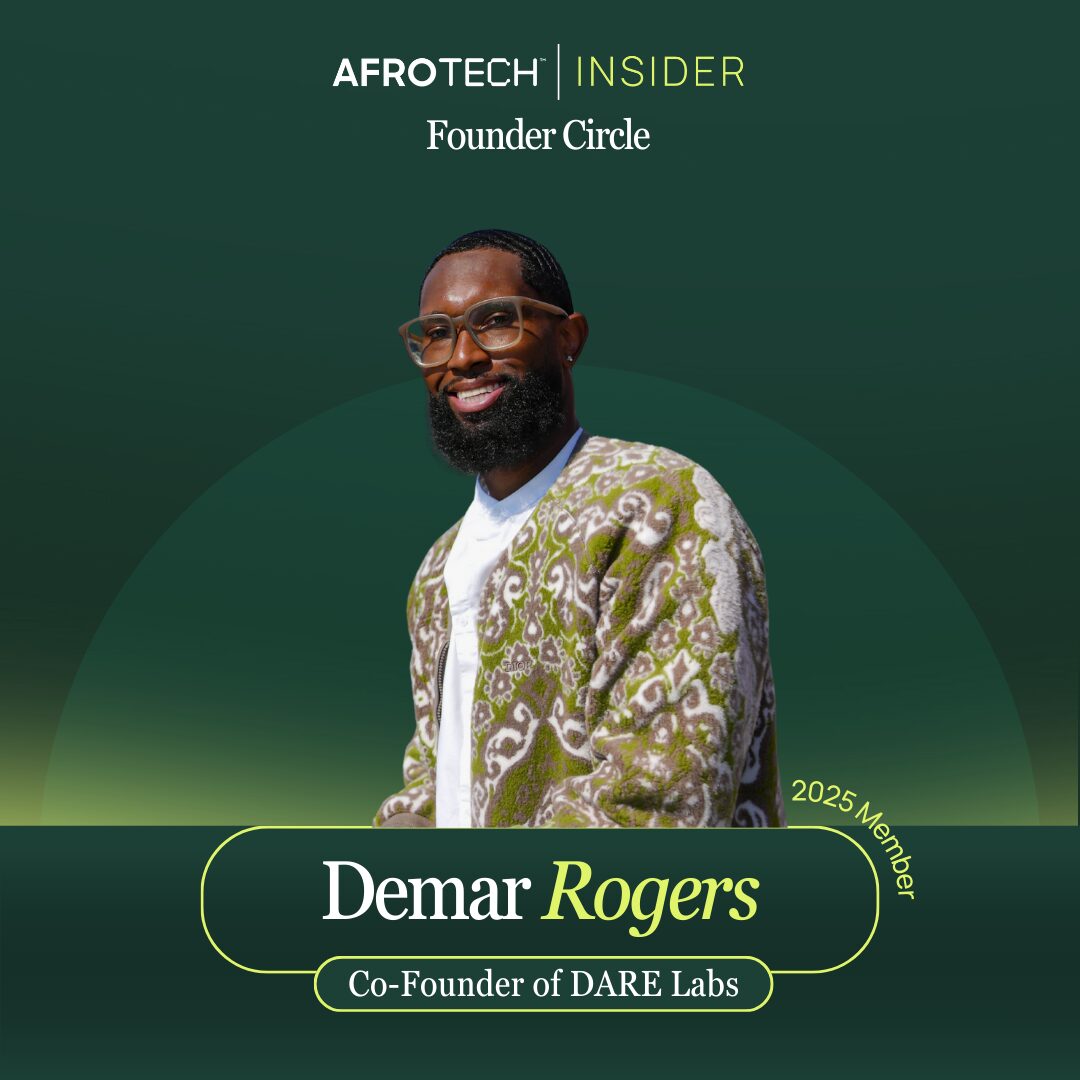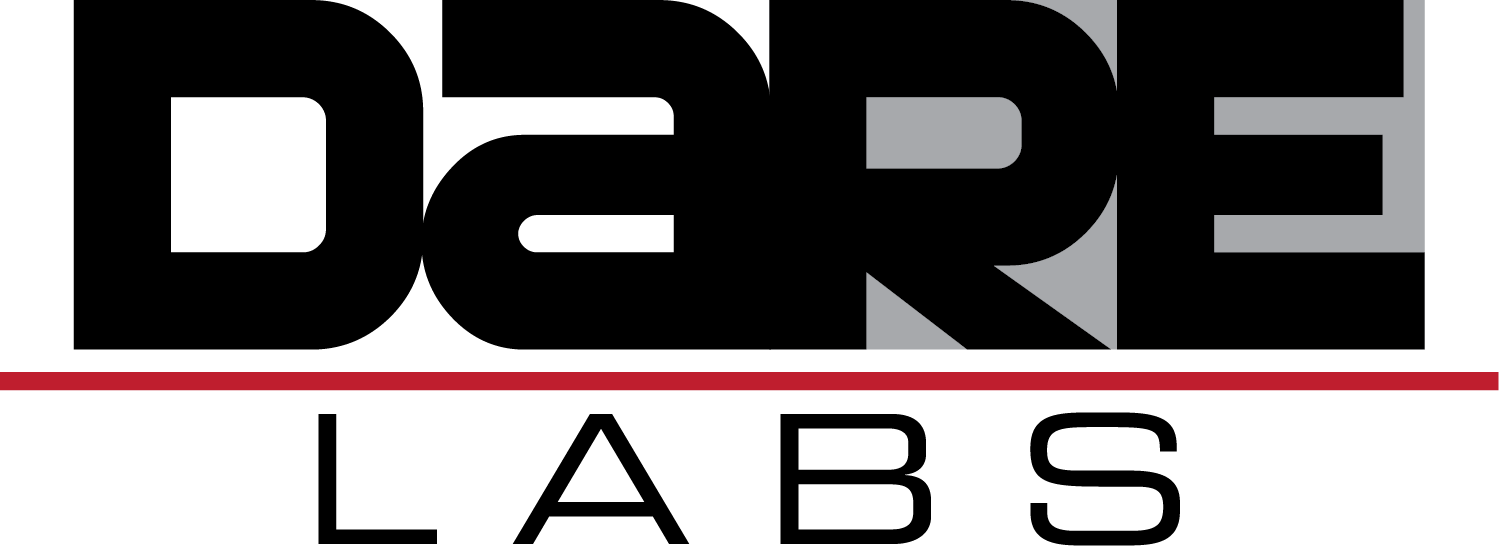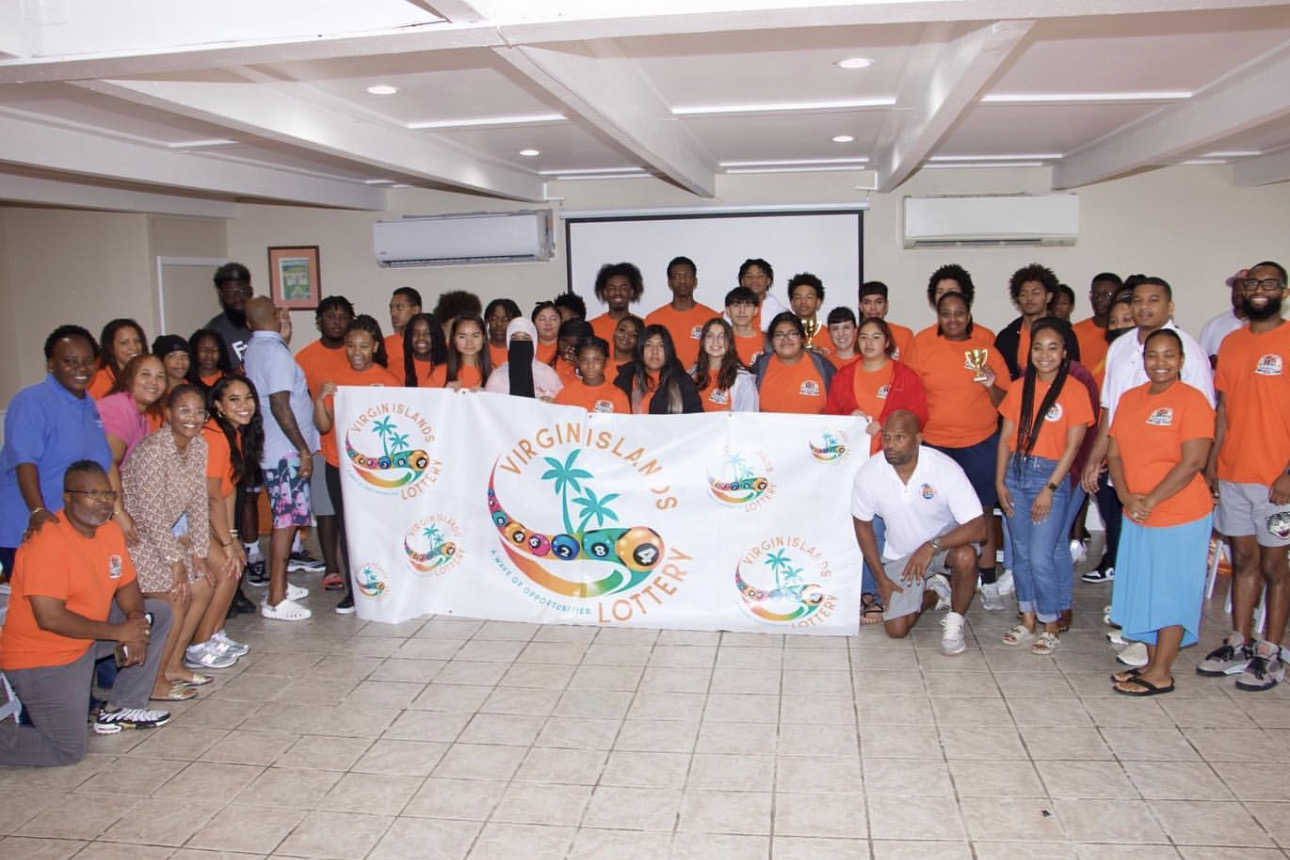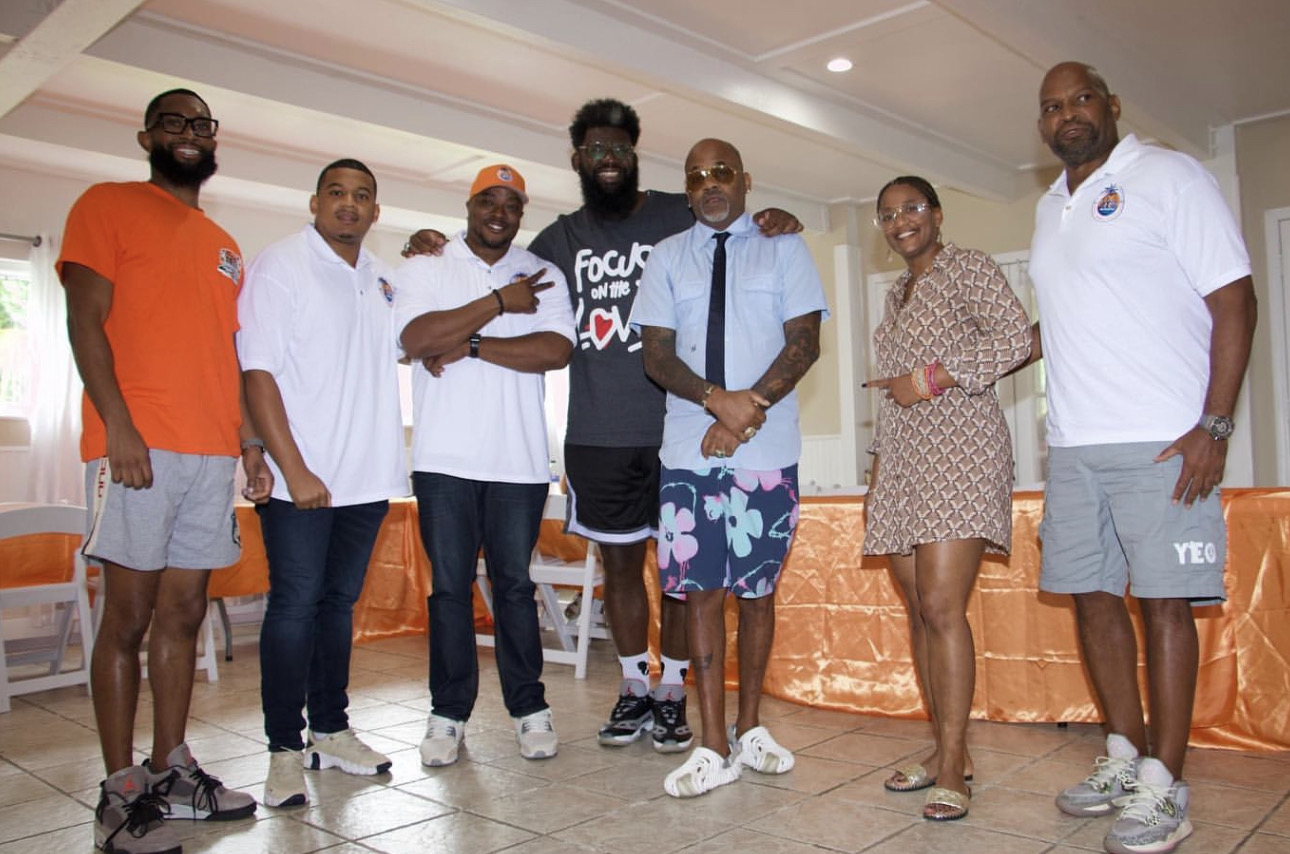

Today we’d like to introduce you to Demar Rogers.
Hi Demar, we’d love for you to start by introducing yourself.
In 2018, I concluded my college basketball career and graduated with an MBA in Data Analytics & IT. After finishing school, I moved back to Washington, D.C. Uncertain about my next steps, I spent time talking with my peers about potential career paths. Through those conversations, I settled on pursuing software engineering. I committed to teaching myself the craft, and that decision became the catalyst for my career.
I started as a Full-Stack Developer at Deloitte in the Federal Sector, where I spent two years building and modernizing enterprise financial planning systems. I developed full-stack solutions with JavaScript-based front-ends integrated with multi-dimensional database backends, implementing secure data transfer protocols for classified environments. I also, architected end-to-end automation workflows that eliminated manual processes, reducing operational costs and improving efficiency for HR and business operations. I then transitioned to Microsoft in Seattle, where my work spanned multiple initiatives across the commerce platform. I’ve built conversational AI systems that allow business planners to interact with complex data ecosystems through natural language interfaces, developed microservices for product configuration and pricing validation, and implemented business rule enforcement and schema validation at scale. Throughout these projects, I’ve designed RESTful APIs, architected automated CI/CD pipelines, and built distributed backend services deepening my expertise in cloud-native development and enterprise-scale software architecture.
Throughout those years, my roommate and I often talked about building something of our own. We envisioned turning the work we did in government and hyperscalers into a startup. Fast forward to 2024, we finally made it happen. Marcus Edwards and I co-founded DARE Labs, an AI tech startup named after our initials.
In our first year, we generated over $1.2 million in revenue by delivering end-to-end AI engineering solutions across defense and commercial sectors. We developed deep learning models using transformer and vision architectures for automated image tagging and metadata generation at scale, extracting semantic features to enable high-accuracy content labeling across large-scale visual datasets. We engineered computer vision and trajectory analysis systems for augmented reality applications, enabling real-time motion tracking and AI-driven visualization. We also designed AI-driven knowledge management platforms supporting over 1.5 million users, integrating knowledge graphs, semantic search, and agentic workflows to enable intelligent data discovery and contextual reasoning across heterogeneous datasets.
As we’ve grown, we’ve evolved our focus toward becoming a Platform-as-a-Service (PaaS) company. We’re preparing to launch our flagship product this November, Cerebro, an AI agent designed to build datasets and train models using reinforcement learning without code. It’s an exciting next chapter in a journey that started with curiosity, self-learning, and a shared vision to create impact through research and technology.
Alright, so let’s dig a little deeper into the story – has it been an easy path overall and if not, what were the challenges you’ve had to overcome?
No, it definitely hasn’t been a smooth road, even though we were fortunate to find early success. When we first started, our biggest challenge was figuring out how to break into the market and attract clients. We were completely bootstrapped, which meant limited funds and limited time since it was just the two of us doing everything from development to business outreach.
Time management became critical, and we had to learn quickly how to balance servicing clients while keeping the business side moving forward. Another major challenge came after our initial proof of concept. Once we validated that our services worked, we wanted to pivot toward building a scalable product. That essentially put us back at square one: figuring out customer acquisition, product-market fit, and growth strategies all over again.
But we’ve embraced those challenges as part of the journey. Each phase from bootstrapping to scaling, has taught us how to adapt, stay resourceful, and keep pushing toward the bigger vision.
We’ve been impressed with DARE Labs, but for folks who might not be as familiar, what can you share with them about what you do and what sets you apart from others?
DARE Labs is an AI infrastructure startup addressing a fundamental challenge in machine learning development: data preparation and model validation shouldn’t be barriers to innovation. That’s why we created Cerebro, a no-code platform that enables teams to generate production-ready datasets from over 550 data sources and build custom reinforcement learning environments without writing code.
At the core of our platform is a dual-agent architecture. The Dataset Agent transforms multimodal data from APIs, databases, and enterprise systems into clean, structured datasets ready for training. The Gym Agent provides teams with the capability to build and test AI models in simulation before deployment. Together, they deliver complete control over the AI development lifecycle while eliminating months of engineering overhead.
What distinguishes our approach is that DARE Labs is industry-agnostic by design. Our technology applies across virtually any domain that depends on data. Currently, we’re working with industries where precision and adaptability are critical: DefenseTech, FinTech, BioTech, and enterprise Technology. The use cases span sensor fusion datasets for defense applications, adaptive financial systems that evolve with market conditions, and biotech research acceleration through fine-tuned models on medical trials and genomic data. However, the platform’s architectural flexibility means any organization managing complex, multimodal data can leverage Cerebro to accelerate their development cycles.
Our competitive advantage lies in modularity. Unlike traditional ML platforms that enforce proprietary pipelines, Cerebro allows organizations to use our Dataset Agent, Gym Agent, or both, with full ownership and exportability of all generated assets. In our first year, we generated over $1.2 million in revenue by serving organizations that couldn’t afford to wait months for custom AI infrastructure. We’re not simply building tools. We’re building the foundational infrastructure that enables continuous AI innovation at scale.
We’d love to hear about how you think about risk taking?
I’ve always viewed risk as an essential part of growth, especially in technology and entrepreneurship. Building something new means stepping into uncertainty every single day. For me, risk isn’t just about financial or professional stakes, it’s about having the conviction to pursue an idea when the outcome isn’t guaranteed.
Launching DARE Labs was one of the biggest risks we’ve taken. From major tech companies to building a startup from scratch, completely bootstrapped. We developed AI infrastructure at a time when the market is flooded with new AI companies, and differentiation is a real challenge. But we believe deeply in our approach, our product, and most of all ourselves.
Whether it’s pivoting from a service model to a platform, investing in long-term R&D, or entering highly regulated industries like defense and healthcare. I’ve learned that risk isn’t something to avoid, it’s something to manage with clarity and purpose. The key is to take informed risks where the vision outweighs the fear.
Contact Info:
- Website: www.darelabs.net
- Instagram: https://www.instagram.com/dem4r/











Image Credits
atlpics.net @pose4johnny Young Entrepreneurz Solutions AfroTech












